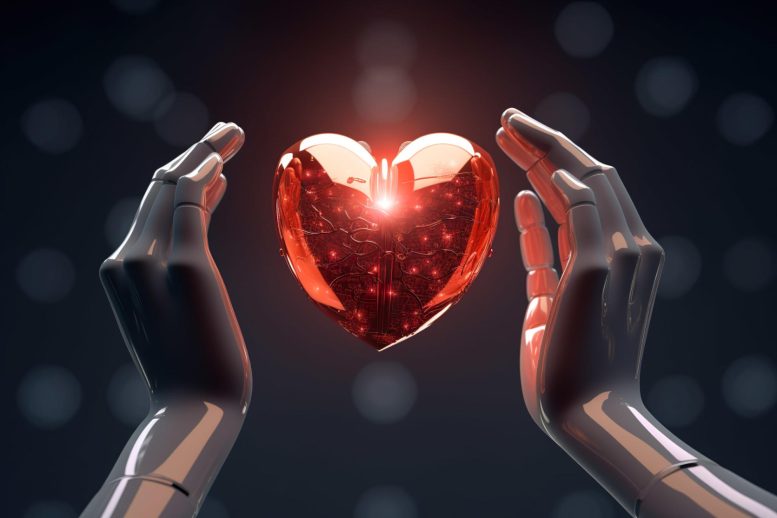
Finnish researchers have developed a technology that enables computers to understand human emotions to improve AI interactions, potentially allowing machines to adjust their behavior to enhance user experiences.
Researchers at the University of Jyväskylä in Finland have created a model that allows computers to recognize and comprehend human emotions by employing mathematical psychology principles. This breakthrough could enhance the interaction between humans and smart technologies, such as artificial intelligence systems, by making them more attuned and reactive to users’ emotions.
According to Jussi Jokinen, Associate Professor of Cognitive Science, the model could be used by a computer in the future to predict, for example, when a user will become annoyed or anxious. In such situations, the computer could, for example, give the user additional instructions or redirect the interaction.
In everyday interactions with computers, users commonly experience emotions such as joy, irritation, and boredom. Despite the growing prevalence of artificial intelligence, current technologies often fail to acknowledge these user emotions.
The model developed in Jyväskylä can currently predict if the user has feelings of happiness, boredom, irritation, rage, despair, and anxiety.

“Humans naturally interpret and react to each other’s emotions, a capability that machines fundamentally lack,” Jokinen explains. “This discrepancy can make interactions with computers frustrating, especially if the machine remains oblivious to the user’s emotional state.”
The research project led by Jokinen uses mathematical psychology to find solutions to the problem of misalignment between intelligent computer systems and their users.
“Our model can be integrated into AI systems, granting them the ability to psychologically understand emotions and thus better relate to their users,” Jokinen says.
Research is based on emotional theory — the next step is to influence the user’s emotions
The research is anchored in a theory postulating that emotions are generated when human cognition evaluates events from various perspectives.
Jokinen elaborates: “Consider a computer error during a critical task. This event is assessed by the user’s cognition as being counterproductive. An inexperienced user might react with anxiety and fear due to uncertainty on how to resolve the error, whereas an experienced user might feel irritated and annoyed at having to waste time resolving the issue. Our model predicts the user’s emotional response by simulating this cognitive evaluation process.”
The next phase of this project will explore potential applications of this emotional understanding.
“With our model, a computer could preemptively predict user distress and attempt to mitigate negative emotions,” Jokinen suggests.
“This proactive approach could be utilized in various settings, from office environments to social media platforms, improving user experience by sensitively managing emotional dynamics.”
The implications of such technology are profound, offering a glimpse into a future where computers are not merely tools, but empathetic partners in user interaction.
Reference: “Simulating Emotions With an Integrated Computational Model of Appraisal and Reinforcement Learning” by Jiayi Eurus Zhang, Bernhard Hilpert, Joost Broekens and Jussi P. P. Jokinen, Proceedings of the CHI Conference on Human Factors in Computing Systems.
DOI: 10.1145/3613904.3641908
The study was funded by the Academy of Finland.
1 Comment
So, now it will say sorry after it crashes.